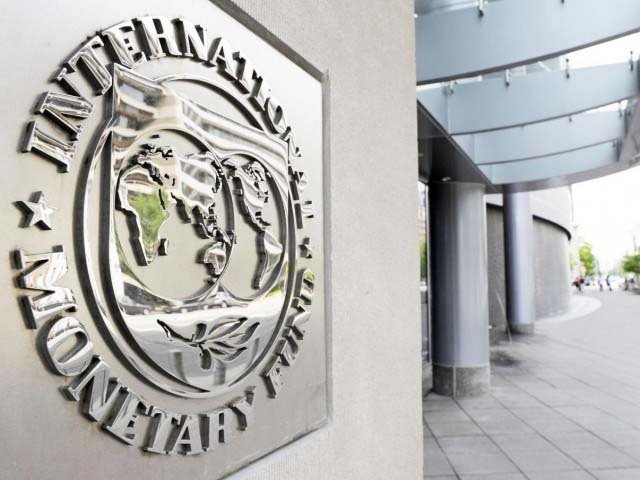
The $6 billion IMF programme was approved after a number of tough prior actions were taken by Pakistan. But there are several steps that the government still needs to take in the coming months.
Looking from an implementation perspective, the measures that the government has either taken or needs to take can be classified into two major categories. The first can be termed as ‘decisions by notification’. These may entail significant political costs but take absolutely no effort to implement. For instance, the State Bank of Pakistan governor can increase the discount rate through a single meeting of the Monetary Policy Committee or devalue the rupee over a phone call. The legislature can pass the Public Finance Management Act on the back of the Finance Bill, while the Planning Commission can slash the development expenditure, bringing down the envisaged budget deficit. And no matter how hard it is for the citizens to bear the impact, the government can enhance the electricity and gas tariffs in a jiffy. The government has indeed delivered on these difficult-to-take but easy-to-implement decisions.
Now comes the second category, where government can set the target but the actual delivery remains outside its immediate control. For instance, the realisation of the Rs5.5 trillion revenue target depends on enforcement capability of the FBR as well as on the prevailing economic conditions. Similarly, if Pakistan has to come out of the FATF’s grey list, a crackdown on hawala/hundi operators would need months of well-coordinated efforts of multiple law-enforcement agencies. Bridging the losses of state-owned enterprises would either need skillful management to turn these white elephants around, or a cumbersome exercise to find investors and privatise them in a transparent manner.
Mere political resolve, a push from IMF or even the civil military alignment is not enough to make these difficult-to-implement decisions happen. Instead, we need functioning institutions, a working bureaucracy and right incentives.
Public institutions in Pakistan have significantly weakened over the years. But what kept the government going was the semi-functional bureaucracy, or rather a small section of it, which delivered on any serious work that has happened in public sector in the recent past. Even that was not without incentives and many of these deliverers were paid market salaries, bestowed with immense powers and given political spotlight. Whether we like it or not, this proved to be the second-best option in the absence of robust institutions and a capable civil service.
But that boat has sailed. The indiscreet accountability drive by anti-corruption watchdogs, suo motu cases in courts and ruthless bashing by the media have scared even those who are not to be blamed. Bureaucracy has stopped working altogether.
The turtles, masquerading as bureaucrats, have taken refuge in their shells, sensing an imminent danger. Any action by them, no matter how diligent, can be scrutinised. But avoiding decisions remain outside the purview of any accountability drive. Those who choose not to sign a paper safely sail through the calm waters of inaction. Indecisiveness, avoidance and red tape are the new game in town, which the bureaucratic virtuosos now play with perfection, keeping their skin safe.
The solution is not to abandon accountability or let the corrupt go scot-free, but rather to avoid media trials, harassment and undue scrutiny. Market-based salaries are not to be discarded but instead adopted under a transparent and objective framework, and bureaucracy at large should not be mistrusted. Instead, the government needs to adopt a mechanism to identify capable and credible individuals and empower them.
Without the bureaucracy’s support, the early signs of economic stability will remain limited to economic governance by notifications but the real implementation will remain a distant dream.
Published in The Express Tribune, July 23rd, 2019.
Like Opinion & Editorial on Facebook, follow @ETOpEd on Twitter to receive all updates on all our daily pieces.


1729662874-0/One-Direction-(1)1729662874-0-165x106.webp)








COMMENTS
Comments are moderated and generally will be posted if they are on-topic and not abusive.
For more information, please see our Comments FAQ